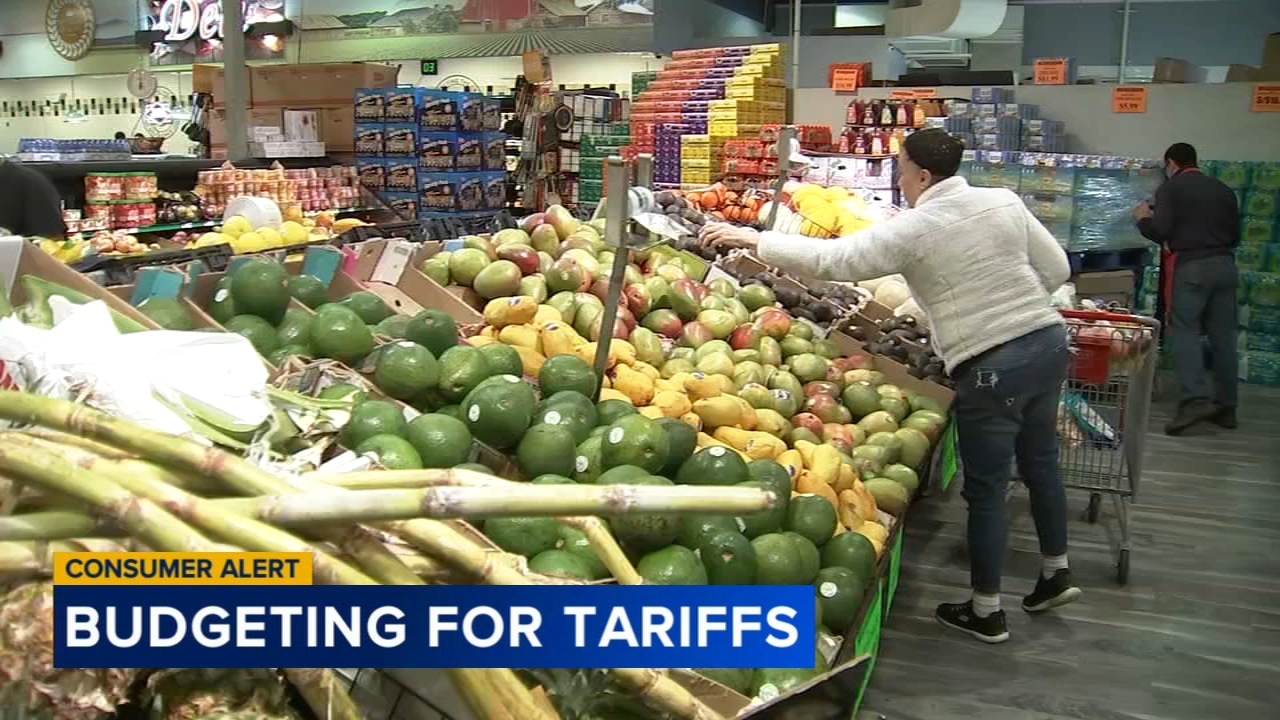What your car knows about you
Today's high-tech vehicles are monitoring you, the roads you take and even the way you drive.
Consumer Reports says when it comes to how that data is collected and used it's often the automaker, not the car owner, who's in the driver's seat.
Consumer Reports looked at the 2018 models and found 32 out of 44 brands offer some kind of wireless data connection, built-in cellular data links for safety and concierge services. And more cars are also equipped with cameras, usually facing outside the vehicle, but the Tesla Model 3 faces inside.
"The manual says the camera is not turned on right now, but it could be used in potential future features. Tesla promises that it will let customers know before they turn the camera on," explained Jake Fisher, Consumer Report's auto expert.
GM's 2018 Cadillac CT6 with supercruise also has an internal camera mounted right on the steering column. It monitors the driver for signs of distraction, but GM says it doesn't capture or store video.
But between cameras and sensors, cars are collecting all kinds of data about our driving habits. The question is: why?
"A lot of data is being collected to help automakers prepare for self-driving cars. It's a machine learning process. They're using your data to map roads and better understand how vehicles and people are going to react on those roads," Fisher said.
The legal rules around car data are murky. A 2015 law says crash data belongs to the owner, not the auto company, but that's just a very small fraction of the information your car is generating. The auto industry has issued voluntary guidelines around privacy practices but Consumers Union, Consumer Report's advocacy arm, would like to see more regulation and greater transparency, so car companies are upfront about what they're collecting.
"Consumers shouldn't be put in a position where they have to search for what information is being gathered about them, how it's being gathered and what it's being used for," said Fisher.
Consumers Union would also like to see owners have the option of putting the brakes on unwanted and unnecessary data collection.










